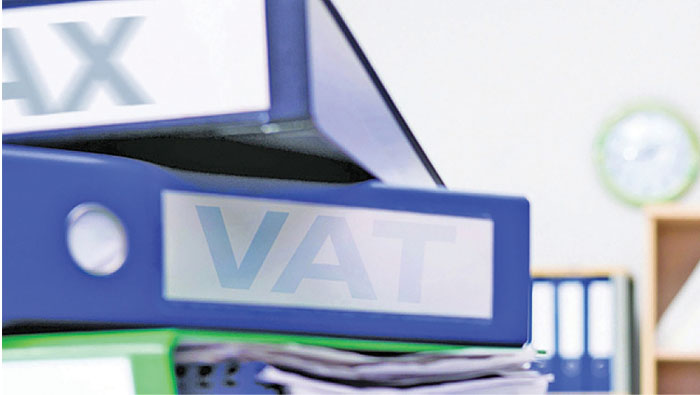
Muscat: Some rogue traders are already passing VAT charges on to customers in Oman, warn analysts.
This comes after a section of shopkeepers in Oman raised the costs of commodities imported from the UAE and Saudi Arabia, which have introduced Value Added Tax (VAT).
These traders factored in the cost of VAT into the prices of goods they bought from counterparts in both of Oman’s neighbours, despite a pan-GCC agreement that prices in non-VAT paying nations must not be changed.
This means that although VAT is only to be introduced in Oman in 2019, residents and citizens in the country are already feeling the pinch in their day-to-day spending, which in turn increases their monthly expenditure and reduces the amount they can save.
To increase income from non-oil sectors, both Saudi Arabia and the UAE imposed a five per cent VAT on a wide range of goods, many of which – especially luxury goods and electronics – are regularly shipped into Oman.
Ali Nyaz, partner, audit services at Morisons MJS, a global tax firm with operations in Oman, said it would be consumers in Oman who would ultimately pay for this increase.
“When it comes to imports, things like VAT are a little dicey because at the end of the day, the cost of this import is passed on to the consumer,” he told Times of Oman.
“If, for example, I am going to import 100 iPhones from the UAE and sell them in my shop in Oman, I will need to pay 5 per cent VAT on the cost of that phone. In fact, there are some distributors and stores in the UAE that have increased their prices by not just five per cent, but 10 to 15 per cent and are using VAT to justify the hike.
“The sector that will be most affected will be the construction sector in Oman, because it imports a lot of things in bulk from the UAE. So they need to balance their costs as well and this will ultimately be borne by either the consumers or the small businesses,” added Nyaz.
“The other area which is likely to feel this impact is going to be the shopping and retail sector. A lot of the electronic goods that come into Oman are from the UAE, and the distributors who import it into Oman will also need to pay 5 per cent VAT. This added cost will then need to be borne by the customers.”
Nyaz said Morisons was working on a way to balance this out. “What we are pushing for right now is a joint framework between Oman and the UAE which will look at VAT, so that it does not affect consumers and companies in Oman at the moment,” he explained.
“If you are buying things in Dubai or any of the other Emirates, however, you can claim VAT returns at a special counter at the airports in the UAE before returning to Oman.”
Fabio Scacciavillani, the Chief Economist of the Oman Investment Fund, said VAT would incorporate everyone who contributed towards providing goods and services.
“If you want to make bread, for example, VAT includes the guy who grows the wheat, the man who makes the meal, and the person who bakes the bread,” he explained.
“These people can pass on the VAT they have paid, with the exception of the last person, who cannot, which means he then has to pass on costs to the consumer.
“The introduction of VAT leads to a much higher cost of goods and services than just 5 per cent, because, the farmer will charge more for his wheat, and the next person in the chain does the same for his service, so all of these things add up, so you can have an increase of up to 10 to 20 per cent on the goods and services,” added Scacciavillani. “You have an impact on both the price of the final goods and the price on the intermediate goods, which is then passed on to the consumer. There is a double impact that can happen here.”
Ramanuj Venkatesh, a VAT accounts manager with experience in both Oman and the UAE, said, “The UAE’s exports to Oman have been steadily growing, but Oman has not yet been registered for VAT. Under the GCC framework, suppliers from UAE would export their goods to a Non-VAT registered country at a zero rate, which implies zero VAT.
“It’s a misconception among the local distributors in Oman who would think that the goods coming from a VAT registered nation would be more expensive,” he added.